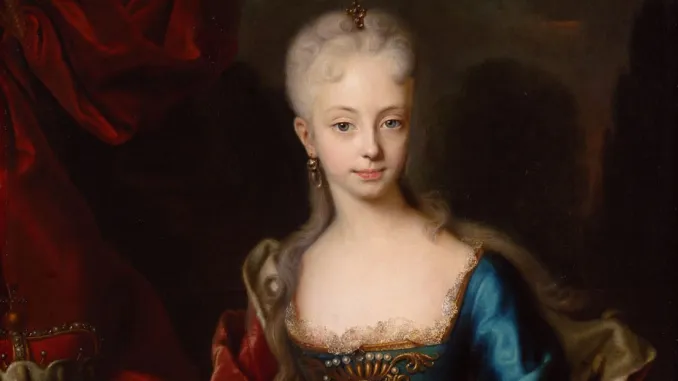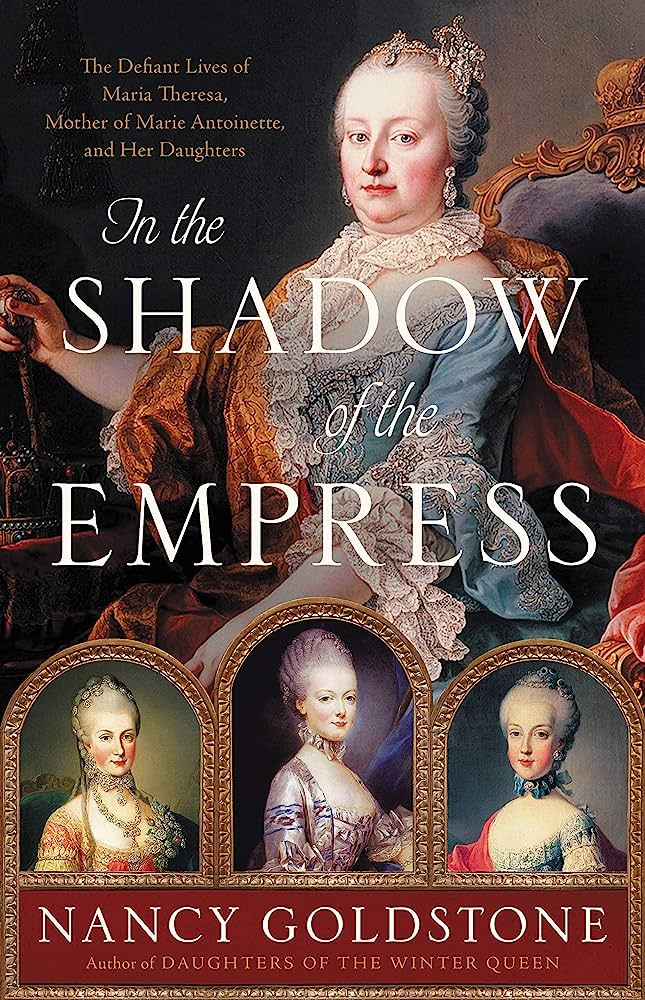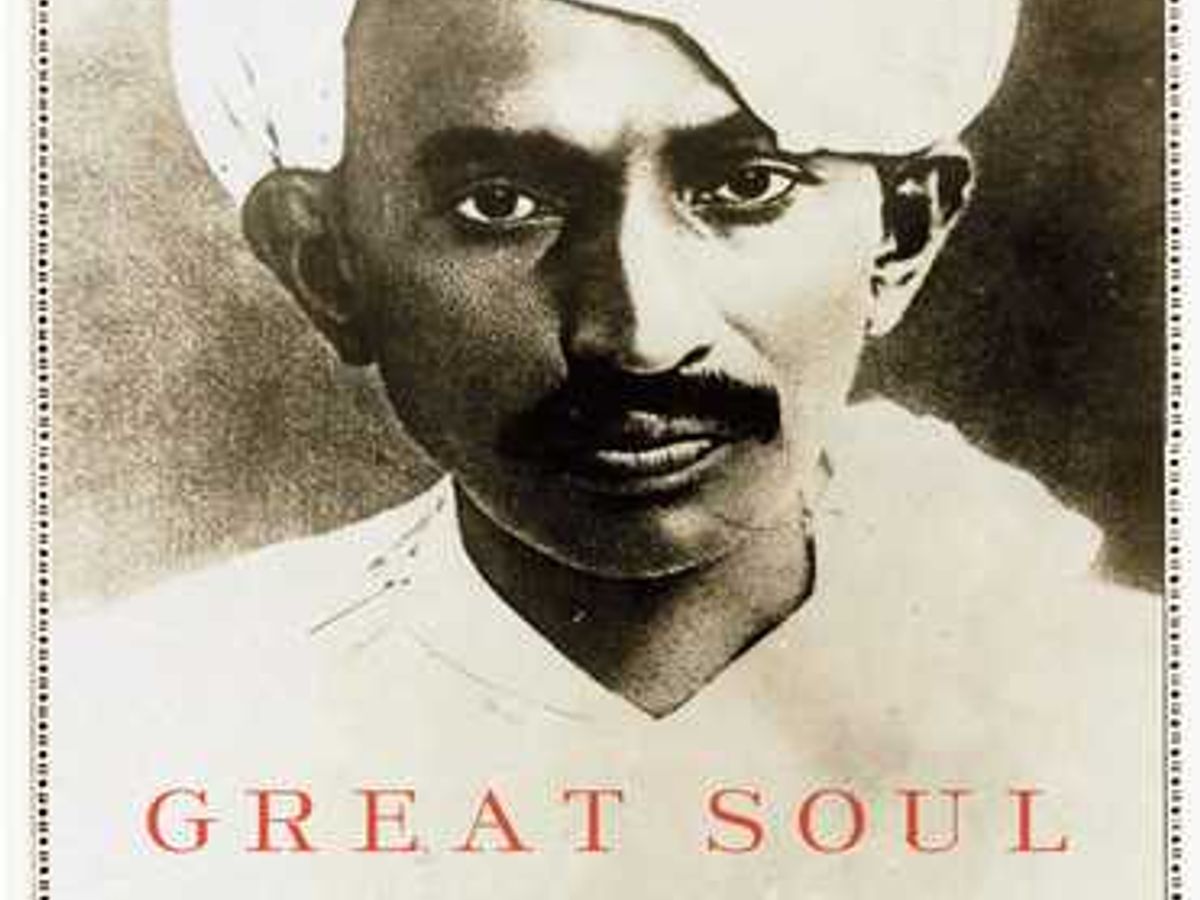If ever a paragraph aptly described the 18th-century Austrian ruler Maria Theresa, this is it:
“Number thirteen out of sixteen is almost a guarantee of some degree of parental laxity. Even mothers who do not have to rebuild armies, impose taxes on the nobility, wage war, arrange marriages, forge new international alliances, review mountains of memoranda, and monitor the day-to-day administration of two kingdoms and an archduchy may be excused for letting things slide a little after the first dozen or so. It’s not that Maria Theresa didn’t try, but inevitably something had to give, if only for lack of space.” (194)
Maria Theresa is one of the greats of her time, maybe of any time? How a person could manage what she managed is genuinely remarkable.
Maria’s most famous enemy
Frederick, the Great of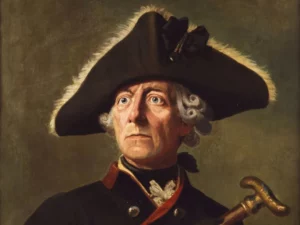 Prussia, was Maria’s most significant enemy during her reign. However, Frederick was not always the violent, conniving, backstabbing, conquest-loving pain in Maria’s side that history records. As a teenager, he was quite the opposite. But his fancy for French fashion, arts, and gay love met with strong disapproval from his manly-man father, who was more of a raw meat and warfare kind of guy. To cure his wayward sixteen-year-old son, Fred’s dad decapitated the lover in front of his son and then tossed the prince in prison for a couple of years. This reforming technique had the desired hardening effect on the boy, who would go on to become the greatest leader Prussia has ever known. (If by great, one means territorial expansion, conquest, and the carrying on of Europe’s great tradition of perpetual warfare).
Prussia, was Maria’s most significant enemy during her reign. However, Frederick was not always the violent, conniving, backstabbing, conquest-loving pain in Maria’s side that history records. As a teenager, he was quite the opposite. But his fancy for French fashion, arts, and gay love met with strong disapproval from his manly-man father, who was more of a raw meat and warfare kind of guy. To cure his wayward sixteen-year-old son, Fred’s dad decapitated the lover in front of his son and then tossed the prince in prison for a couple of years. This reforming technique had the desired hardening effect on the boy, who would go on to become the greatest leader Prussia has ever known. (If by great, one means territorial expansion, conquest, and the carrying on of Europe’s great tradition of perpetual warfare).
Maria’s most famous child
Marie Antoinette is the most famous daughter of Mother Maria’s brood of sixteen children, who she spread all over Europe through political marriages. Antoinette’s story is a nightmare of epic proportions.
famous daughter of Mother Maria’s brood of sixteen children, who she spread all over Europe through political marriages. Antoinette’s story is a nightmare of epic proportions.
Mom shipped Marie to France at age 14. At the border, Marie was stripped naked and reclothed in French attire. She was told to forget her Austrian ways and be entirely French. Even her pet dog, being too Austrian, was left behind. Louis, her husband, had full-on Autism, all of the typical idiosyncrasies commonly associated with the disease Louis had in spades. He could barely speak, let alone rule. Marie’s primary job was to produce a child, but this was impossible because Louis had no concept of how sexual relations worked. Years went by, and Marie remained childless. Finally, Marie’s brother-in-law, ruler of a neighbouring duchy, came for a visit with Mom’s instructions to find out what was preventing reproduction. It turns out it was a simple problem. “Once inside, you must agitate.” coached the brother-in-law. Poor Louis had no idea, but thanks to some coaching, he did learn. Later the relieved Autistic king relayed to one of his Aunts, “If I had known how much I would enjoy the act, I would have done it sooner!”
So a fully autistic teenager with his immature untrained teenage bride gets the job of ruling one of the most powerful empires in Europe. What could possibly go wrong? Marie bailed on trying to help her husband and chose the party life instead. Meanwhile, Louis though well-meaning and hard-working, couldn’t rule with any degree of competency. Opportunistic charlatans crept in. Corruption and debauchery occupied the royal court while France plummeted into economic ruin. Enough was enough.
Liberty was in the air in the late 1700s – If America could wrest its independence from the mighty British crown, why couldn’t the French do the same? The revolution was on! The king and queen had every opportunity to escape, but the king, incapable of good decision-making, botched even this. They almost made it out, they were only 30 miles from freedom, but then King Louis inexplicably thought it best to reveal himself to his rural subjects, who he thought must surely be loyal to him. He thought wrong. Death came to all the French royals.
The Greatest Irony
The French Revolution sought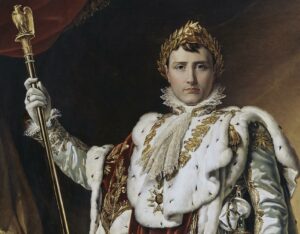 to cast off oppressive monarchies. “Liberty for all” was the cry. The French citizenry was so committed to freedom’s path that any disagreement or even perceived disagreement with the tenants of liberty meant swift and brutal death. Less than a decade after what history records as the reign of terror, a despot named Napoleon took over the French Republic, crowned himself emperor, and for the next 20 years ruled France with more sweeping powers than a French king ever did. After Napoleon flamed out, France returned to its monarchy.
to cast off oppressive monarchies. “Liberty for all” was the cry. The French citizenry was so committed to freedom’s path that any disagreement or even perceived disagreement with the tenants of liberty meant swift and brutal death. Less than a decade after what history records as the reign of terror, a despot named Napoleon took over the French Republic, crowned himself emperor, and for the next 20 years ruled France with more sweeping powers than a French king ever did. After Napoleon flamed out, France returned to its monarchy.
Balance is Key
We want freedom for all, say the French activists, a noble goal indeed. Let’s hold everyone in terror and kill thousands upon thousands to accomplish our goal.
We want teamwork and a plan that takes care of everyone equally, say the Communists of 1917, a noble goal as well. Let’s hold everyone in terror and kill millions upon millions to accomplish our goal.
Freedom is a good idea, and so are many aspects of socialism, but are these ideas so good that they justify the murder of those who might disagree? No! Balance is one of the reasons why Maria Theresa was such a good ruler. Maria, in support of socialism, tried to redistribute wealth by taxing the nobility, but not with heavy-handed measures. In support of liberty, she refused to micro-manage her subjects, preferring to give maternal advice and leadership by example.
Clowns to the left of me, jokers to the right! Happy to be stuck in the middle with you!
Maria had the Russians to the east, the Prussians to the north, the French to the west, and the British everywhere in between. All were actively expanding their empires through violent means. But for over 40 years, Maria managed to keep her kingdom alive even though these aggressive neighbours relentlessly tried to tear it apart. Maria defended domains admirably, but her flat refusal to engage in territorial expansion through violence is a further testament to her remarkable leadership.
